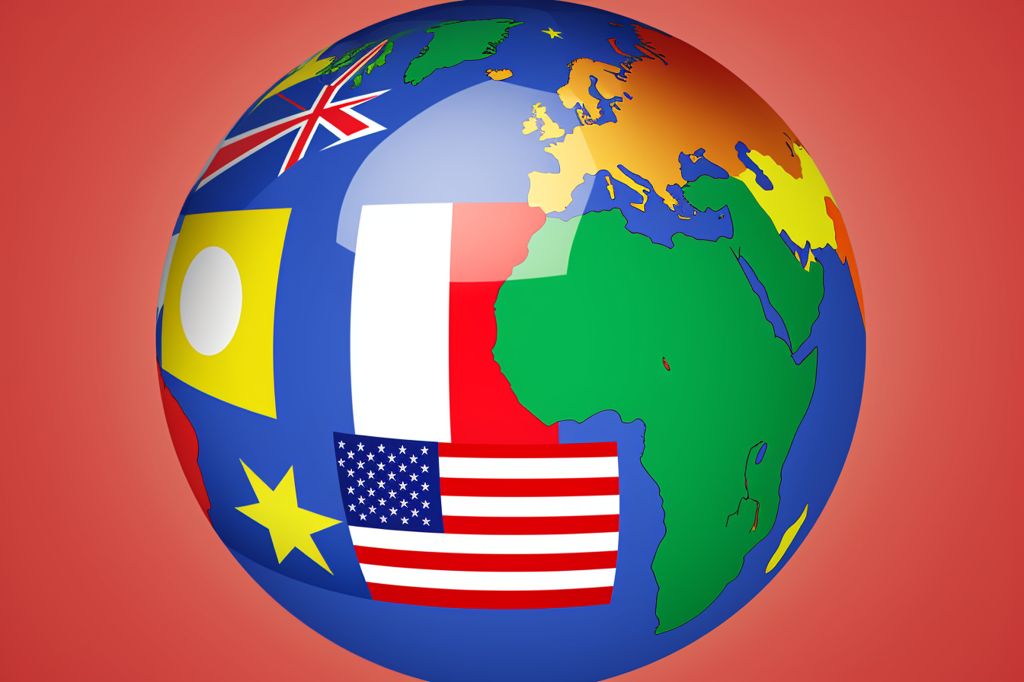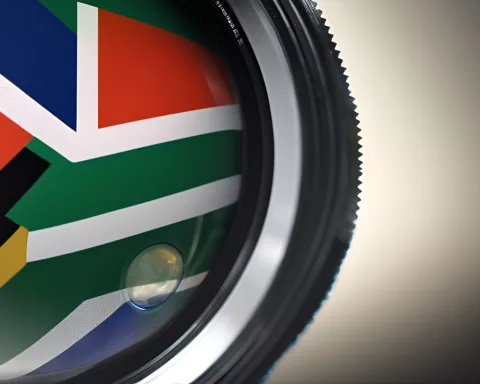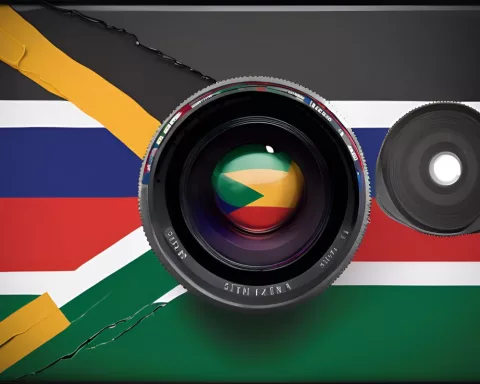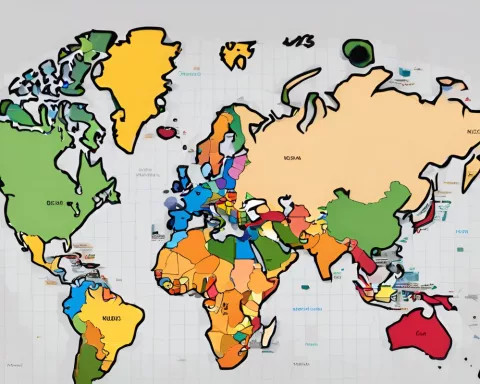BRICS Ministers’ Meeting: Strengthening International Relations and Cooperation
Media Accreditation
The Department of International Relations and Cooperation (DIRCO) has announced that media members interested in attending the event can collect their accreditation cards on May 31st, 2023, at the 12 Apostles Hotel and Spa in Cape Town. To obtain the accreditation cards, journalists must produce a valid ID/passport and a press card. The department also informs that there will be no parking for OB vans at the venue, and broadcasters are advised to use a wireless live feed.
Event Overview
The BRICS Ministers’ Meeting will begin with opening remarks from the Ministers of Foreign Affairs and International Relations, followed by a joint press conference on the first day. On the second day, the event will include a meeting of the Friends of BRICS Foreign Ministers, giving an opportunity for media representatives to capture the opening remarks.
Collaborative Efforts
While the specific issues to be discussed at the BRICS Ministers’ Meeting have not been disclosed, the event’s significance lies in the growing importance of collaborative efforts among the major emerging economies. In a world characterized by increasing interdependence, nations must work together to devise mutually beneficial strategies to address numerous shared challenges.
The BRICS nations, accounting for more than 40% of the world’s population and over a quarter of the global GDP, have a unique role to play in shaping the trajectory of international relations. As the driving forces behind various regional and global initiatives, these nations can facilitate conversations and propose innovative solutions to critical issues confronting the international community.
The Role of Media
The BRICS Ministers’ Meeting is expected to discuss the media’s role in the context of international relations and cooperation, given the active involvement of journalists in the event. The media plays a crucial role in shaping public opinion and policy preferences, making their position pivotal in the global ecosystem. Journalists’ in-depth coverage of diplomatic events such as the BRICS Ministers’ Meeting can contribute to raising awareness about the complexities of international affairs, fostering a more informed citizenry.
As we approach the BRICS Ministers’ Meeting, it is essential to recognize its significance in fostering global understanding and cooperation. Diplomacy and dialogue remain the cornerstones of international relations, and through concerted efforts like this event, the BRICS nations can continue to play a vital role in shaping a more interconnected and harmonious world.












